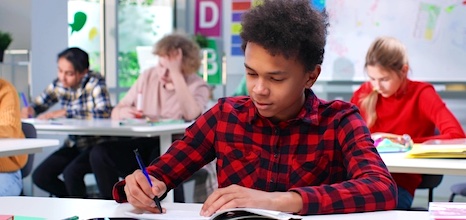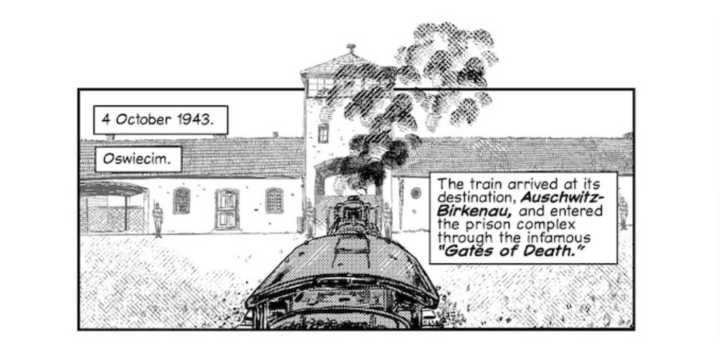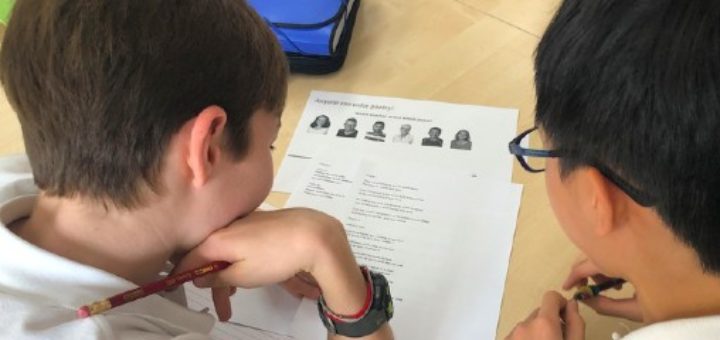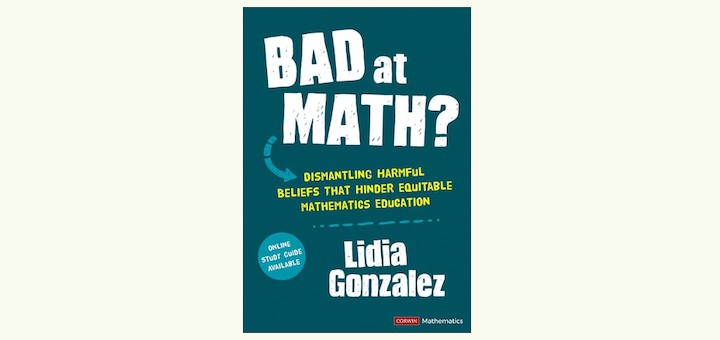How Am I Reacting to the Text I’m Consuming?
Using the simple question “How am I reacting?” NBCT and author Marilyn Pryle shows how she teaches students to observe, identify, and manage their emotions when they encounter any text so that they become not only stronger critical thinkers, but better citizens and human beings.



















